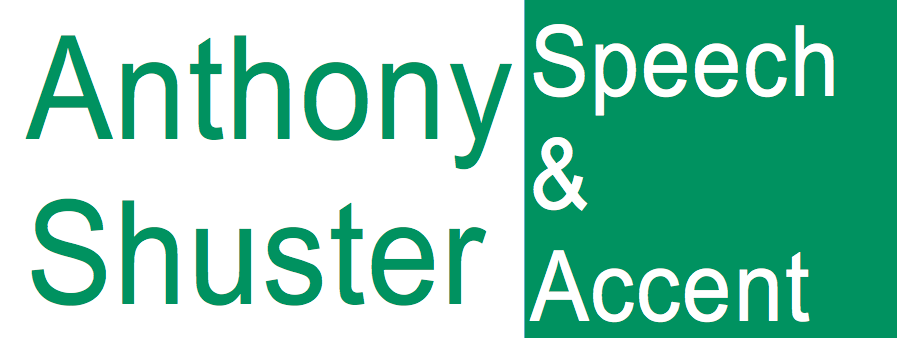How to speak well: cut through the brain fog and stay focused
During a meeting or a make-or-break conversation, ‘brain fog’ will descend if your focus wanders….
I met with a prospective client this week who described his particular concern in a vivid way: 'foggy mind'.
He said that especially when he speaks to C-level executives in his company, or when he’s challenged by the same colleagues, the 'brain fog' gets in the way, and makes him speak less 'efficiently'.
I know exactly what he's talking about.
Most people I work with experience this 'brain fog' - for different reasons of course. Sometimes it's to do with anxieties about accent - 'are they understanding me? Am I being judged because of how I sound?'
That's a lot of what accent reduction is all about: finding a sound that allows you (and your listeners) to focus on what you're saying, not how you sound, so you can communicate confidently.
Regardless of accent, though - good speaking is all about FOCUS. 'Brain fog' is another way of describing how it feels when we lose focus. And it can mean the difference between a speech or a conversation that goes well, or one that falls flat.
We KNOW this, don't we? That's why big meetings or speaking events make us nervous !
How do we avoid 'brain fog' and stay focused on what we want to talk about?
For now, lets put accent and accent reduction to one side. I write about that pretty frequently. What about for speakers who struggle generally with focus?
Tune out the negative voice
We all have it: that negative voice in our heads that's constantly interrupting our train of thought:
'that wasn't good... this isn't going well... they're all bored... you're being boring... this went so much better in your head, didn't it?... just wrap it up and stop blathering on...'
Imagine that voice is outside of us. What would we do if there were a real person there, in the meeting, heckling the speaker and incessantly criticising her as she speaks. We’d have that person thrown out!
We can choose not to engage with this heckler. We can choose to ignore it for now, and deal with it later.
When we listen to this voice, we start an internal dialogue with ourselves which distracts from the listener.
We want to make our listener feel valued.
Think about when you're at a networking event, or a party. You're talking to someone, and all the while she's looking over your shoulder - scanning the room for someone else, paying attention to someone else.
How does that feel? Not great, is it? It makes you feel like you don't matter. It feels rude!
The thing is, it’s actually SELFISH to be focusing on our own thoughts. What it means is that we’re saying to our listeners that they are less important than the conversation we’re having with ourselves.
You can’t do both things at once – listen to the inner negative voice, AND focus on your listener. If your attention is fully focused on the listener, you won’t have enough attention left to engage with the negative voice.
Focus on the listener (not in the way you might think)
It means focusing on the listener's NEEDS - as a listener.
Listeners need certain specific things from a speaker:
they need her to speak at a pace they can follow;
they need her to make it clear to them exactly what they should pay attention to;
They need the job of listening to involve as little 'work' as possible.
Listeners' needs are completely different from a listeners' judgements: their opinions of you, their opinions about what you have to say, whether they agree or disagree with your point of view. In the act of speaking, these are not your concern.
Your 'job' as a speaking is to do all the work, so the listener doesn't have to.
What does it mean to 'do the listener's work'?
Why don't you book a free 1-hour online taster session with me to find out?
Or if you're a past or current client, I have an offer for you - recommend a friend to book a free 1-hour taster session, and if your friend books a course, I'll give you a FREE 1-hour refresher coaching session.
In a future email, I'll talk about what comes next - how we take the focus off yourself and your negative voice and fully engage with what you're saying and who you're saying it to.
Thanks for reading - see you next time :)

